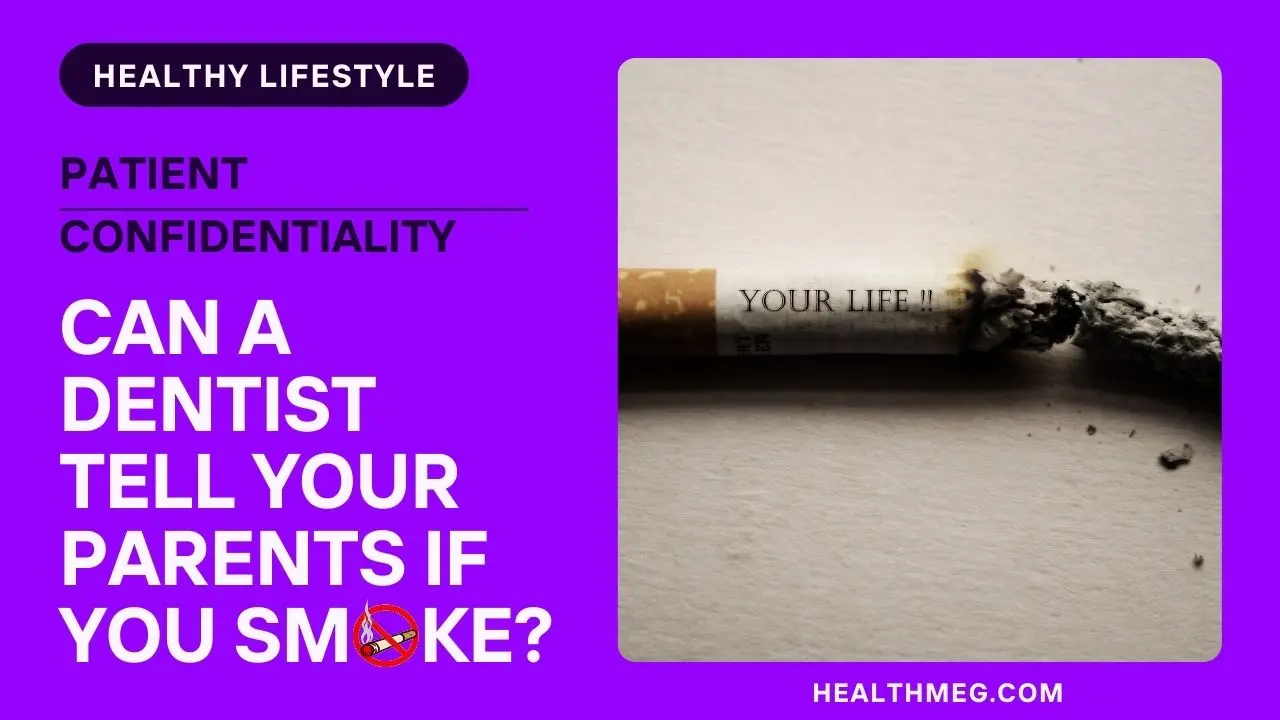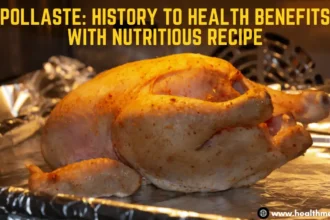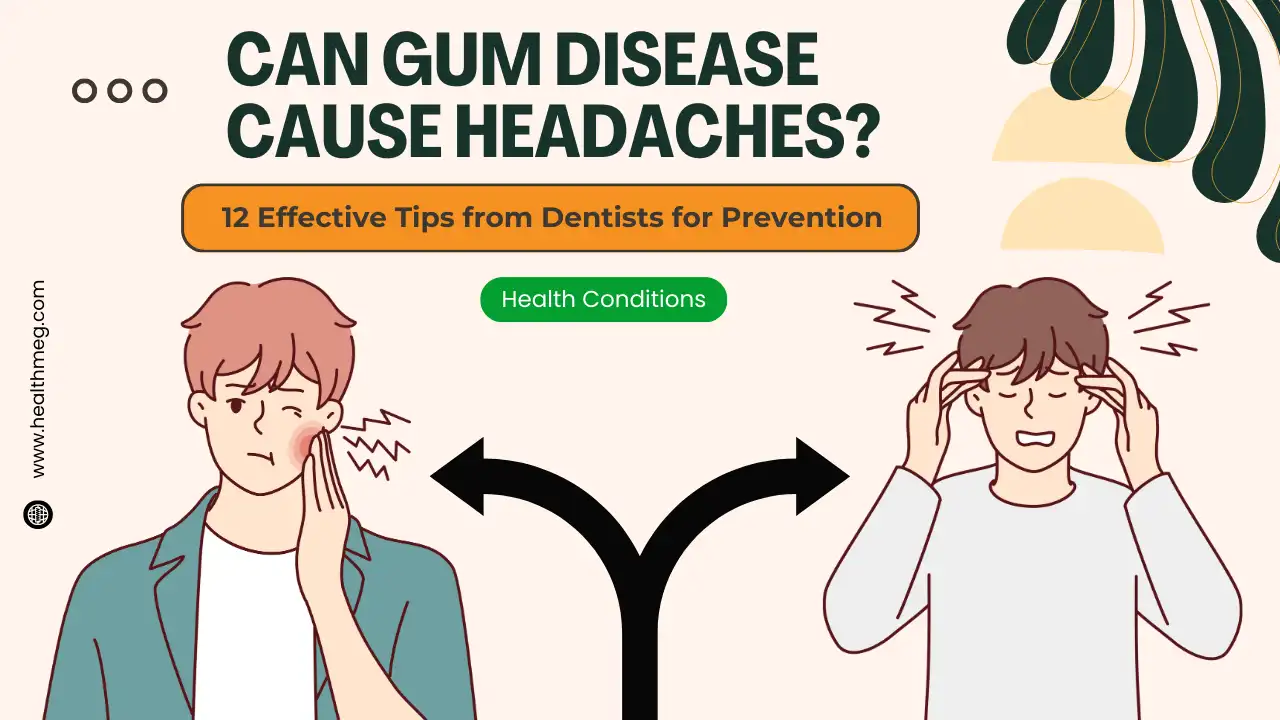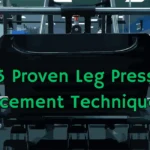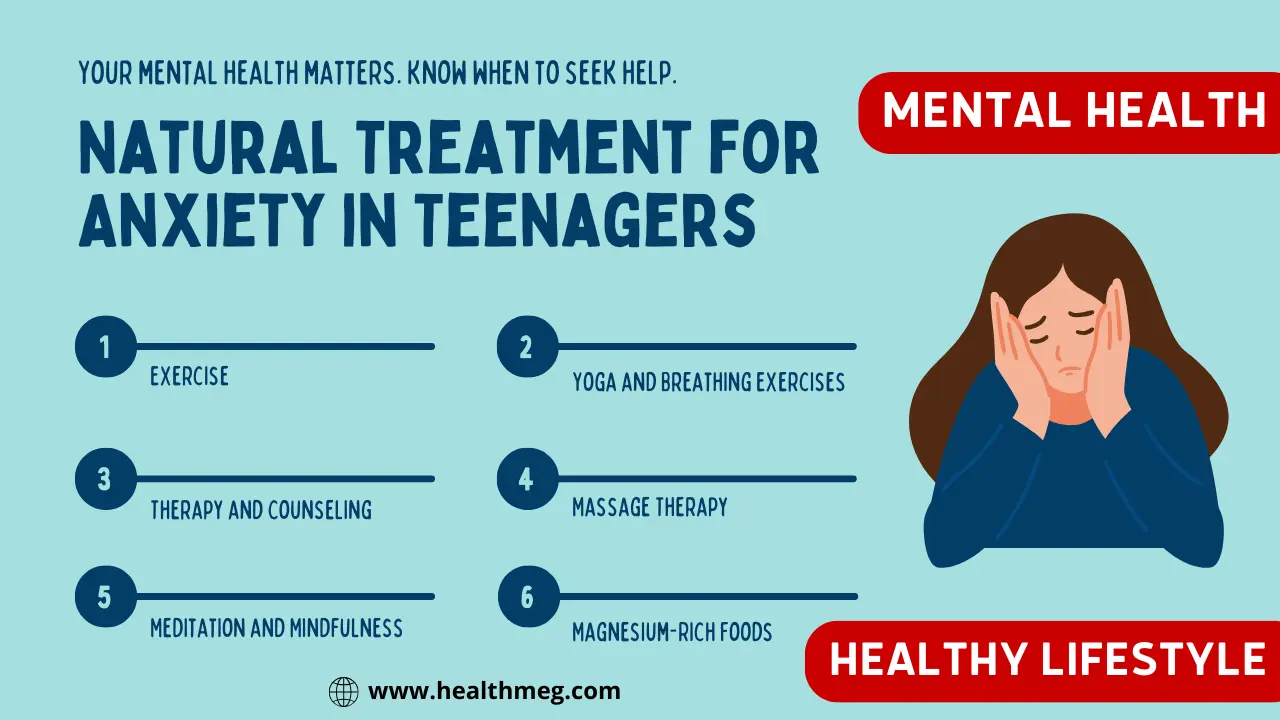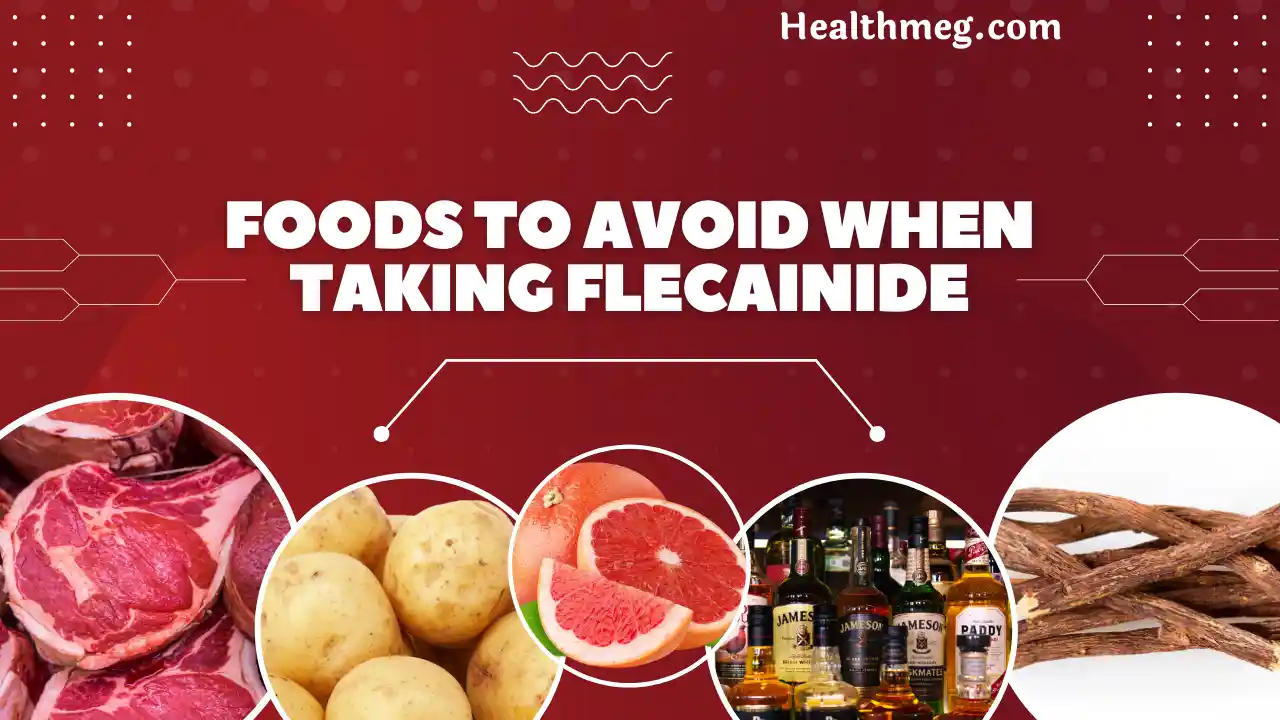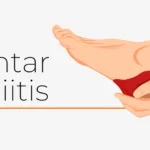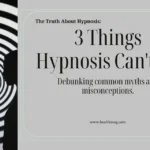Introduction
You bite into an apple and wince as a sharp pain radiates from your tooth. That dull ache that’s been bothering you for weeks suddenly flares up. You have a dental appointment coming up that you haven’t told your parents about. And you’re worried about what the dentist might tell them.
You’re not alone. Many teens secretly smoke or vape and stress about their dental visits giving them away. While disappointing your parents is tough, you likely have even bigger questions on your mind.
So the question is can a dentist tell your parents if you smoke? Let’s find out.
Do read the People Also Ask (FAQs) about this topic.
Key Takeaways:
- Legally dentists cannot tell your parents you smoke without explicit consent due to privacy laws.
- But smoking symptoms like tooth discolouration often communicate the truth anyway.
- If parents find out, stay calm. Involve them in supportive solutions as you work to quit.
- Expect quit advice from dentists focused on health, not discipline. Ask how they can help you overcome the addiction.
Can A Dentist Tell Your Parents If You Smoke?
Legally, the answer is NO. Dentists cannot disclose your private health information, including your smoking habits, to your parents without your explicit consent due to HIPAA privacy laws. Their role isn’t to tattle or punish teens who smoke. However, there may be rare exceptions where the dentist would share details if smoking poses an immediate health danger or the secrecy significantly impairs the parent’s ability to make informed care decisions.
Ethically, most dentists will have candid conversations with teen patients about the extensive impacts smoking has on oral health. Their primary goal is protecting your health.
What Can Dentists Share With My Parents?
With your permission, dentists can discuss visible signs of smoking they observe during oral exams. Many teens allow providers to share general diagnoses and treatment plans with parents, without specifying smoking as the cause.
For instance, a dentist could inform parents:
“Jackson has early gum disease and some enamel erosion and tooth discolouration. I recommend he come in for cleanings and sealants every 4 months to monitor it.”
This puts parents on alert that an oral health problem exists without breaking trust or violating privacy laws. The choice of how much dentists communicate with parents is up to you.
Will My Dentist Tell Me to Quit Smoking?
Absolutely. Expect a firm quit recommendation along with facts about smoking risks each visit. Dentists witness first-hand how devastating cigarettes and vaping are for teeth, gums, breath, and oral cancer risks. They will emphasize how quitting improves health and dental treatment outcomes at any age.
Many parents wrongly assume dentists focus solely on teeth instead of total health. However, protecting and restoring oral health gives dentists a unique vantage point for assessing smoking harms holistically. Poor oral wellness negatively impacts nutrition, self-confidence, social relationships, and employability. That’s why dentists make excellent quit motivators and coaches. They will encourage you to quit smoking at every chance – not to ‘tattle’ but to help you safeguard your health and quality of life.
Can Dentists Tell My Parents About Vaping Too?
Yes, the same confidentiality protections and limits apply to concealing vape use from parents and dental providers sharing observable signs. However, many teens mistakenly think vaping is a safer alternative to smoking. But the truth is vaping has numerous oral health risks of its own. And it often leads to smoking addiction too.
Be prepared for your dentist to have an earnest talk about quitting vaping as well as smoking. Their job is protecting your health, not keeping secrets.
What the Law Says About Privacy
The Health Insurance Portability and Accountability Act (HIPAA) is a federal law that protects sensitive patient health information from being disclosed without the patient’s consent. This applies to both adults and minors. Therefore, dentists and their staff are legally bound not to disclose your smoking habits or discuss your oral health with your parents without your permission. They are required to maintain the confidentiality of your health details.
However, there are two exceptions to this rule:
- If keeping something confidential puts you or others at serious and immediate risk of harm. For example, if you were considering self-harm or suicide.
- If not disclosing information would seriously hamper your parents’ ability to take care of you. For example, if you had a life-threatening medical condition and refused treatment.
Simply smoking cigarettes or vaping does not fit these exception criteria. Therefore, you have federally guaranteed confidentiality protections on your side.
In addition, some states explicitly specify that dentists cannot share minor patients’ substance use with parents without consent. For instance, California law prohibits dental providers from informing parents about a minor’s drug and alcohol issues.
9 Signs That Make It Hard to Hide
While dentists can’t outright tell your parents you smoke, that doesn’t mean your secret will stay secret for long. After all, your teeth tell quite a tale. Here are 9 smoking and vaping clues dentists pick up on during exams and cleanings:
- Discoloured Teeth: Smoking causes yellowish to brown stains on teeth. It can also take a toll on dental work like braces or whitening treatments.
- Smokey Breath: The smell of stale cigarettes or strong minty vape aromas is a red flag. Dentists know these scents are often used to mask nicotine.
- Tongue Discoloration: Just as a smoker’s breath is obvious, furry, discoloured tongues also raise suspicion.
- Increased Plaque & Tartar: Tobacco severely limits saliva flow and bacteria-fighting abilities. More plaque build-up is a telltale effect.
- Enamel Damage: The heat and chemicals from cigarettes and vaping damage tooth enamel. More cavities and tooth sensitivity can result.
- Gum Disease Signs: Gums recede, become inflamed, and bleed more easily due to smoking. Teens often show early gum disease as a result.
- Oral Cancer Screenings: Dentists check young patients too. White mouth patches, mouth sores, and growths may lead to questions.
- Teeth Grinding & Clenching: Nicotine exposure and withdrawal often cause these issues which increase tooth damage.
- Poor Healing: After dental surgery or tooth extractions, smoking limits healing. Dentists connect the dots.
Many dentists confirm suspicions by asking teens about habits directly. But even without asking, they can make accurate guesses from the array of signs.
What Can Parents Do If They Find Out?
Discovering that your teenager smokes can be distressing and worrisome for parents. However, instead of reacting angrily or imposing punishments, the most effective approach is to have an open conversation. Here are some tips for parents to handle this situation positively:
- Stay Calm: Avoid getting upset as it may hinder communication. Express your concern gently and show your willingness to listen.
- Ask Why: Understanding the reasons behind your teen’s substance use is crucial to guide them towards healthier choices.
- Share Facts: Discuss the long-term risks of smoking and how nicotine addiction occurs rapidly in developing brains. Avoid using scare tactics.
- Offer Support: Quitting smoking can be challenging and may require multiple attempts. Offer patience and encouragement instead of belittlement.
- Avoid Threats: Demanding an immediate quit is likely to fail. Instead, offer to help find a quit method that suits your teen.
- Be a Team: Rather than imposing restrictions, collaborate with your teen to devise a plan to overcome this challenge. Your teen needs a coach more than a warden.
- Focus on Health: Emphasize the impact of smoking on their dental health and self-image, which can be more motivating for teens than the threat of future diseases. Offer to schedule more frequent dental cleanings to help counteract tobacco stain buildup.
While a dentist won’t outright disclose your child’s smoking status, their duty to document health issues and visible symptoms means parents can make accurate guesses. Instead of getting angry, use this as an opportunity to build trust with your teen. Offer helpful solutions and be their champion as they work to quit smoking for good.
Conclusion
Discovering that your teenager smokes can be both worrying and disappointing. However, it’s crucial to avoid punitive reactions. Instead, engage in an open conversation that is focused on health and offer support for quitting. Although dentists are legally prohibited from disclosing without consent, visible symptoms of smoking often lead them to share general oral health problems with parents. Collaborate with your teen and their dental provider on solutions, rather than punishments. Setbacks are inevitable, but with a collaborative approach centred on care rather than anger, your teenager can successfully overcome nicotine addiction. The goal is to boost their health and self-confidence, not to assign blame. By working together, you can help your teen regain their oral and overall well-being.
People Also Ask (FAQs)
Q) Can the dentist know if you smoked?
A) Yes, dentists can usually tell if you smoke even if you don’t tell them. The smoke chemicals and heat damage teeth in several visible ways over time – yellowing, more plaque and tartar, receding gums, tooth grinding, and slower healing after procedures. Dentists are trained to recognize these signs.
Q) Can you hide smoking from your dentist?
A) It’s very difficult to hide smoking from your dentist in the long run. Even if you attempt to mask smoke breath, use whitening products, and improve oral hygiene, the cellular damage and gum recession are more difficult to obscure. Honesty with dental providers leads to better care.
Q) Can the dentist tell your parents if you vape?
A) No, legally the dentist cannot disclose the use of vapes, cigarettes, or other substances to your parents without explicit consent due to privacy laws. However, visible oral health issues like increased cavities and gum disease may be shared without specifying the cause.
Q) Can a dentist tell if you’ve Vaped?
A) Yes, dentists can tell if you vape as well as smoke traditional cigarettes. The heat, chemicals, and flavours in vaping damage tooth enamel, irritate gums and increase plaque similar to smoking. Discoloured cracked teeth and gum inflammation are common vaping symptoms they recognize.
Q) How long can you smoke before the dentist?
A) It’s best not to smoke at all for at least 24-48 hours before a dental appointment. Otherwise, the smoke odour and residue are still evident and difficult to obscure fully. Lingering smoke chemicals also negatively impact anaesthesia and other treatments.
Q) Can doctors tell if you smoke?
A) Yes, many doctors can determine if patients smoke from both physical symptoms as well as diagnostic tests. Exams reveal signs like skin/hair/nail issues, lung and heart rate changes, blood pressure differences and cellular damage. But privacy rules also apply to physician disclosure.
Q) How can I hide nicotine on my teeth?
A) The best approach is being honest with your dentist about smoking and asking their advice on prevention and quitting. Using mints, mouthwash, teeth whitening and other masking products can temporarily obscure some discolouration but won’t address the underlying health risks to your mouth and body over time.
